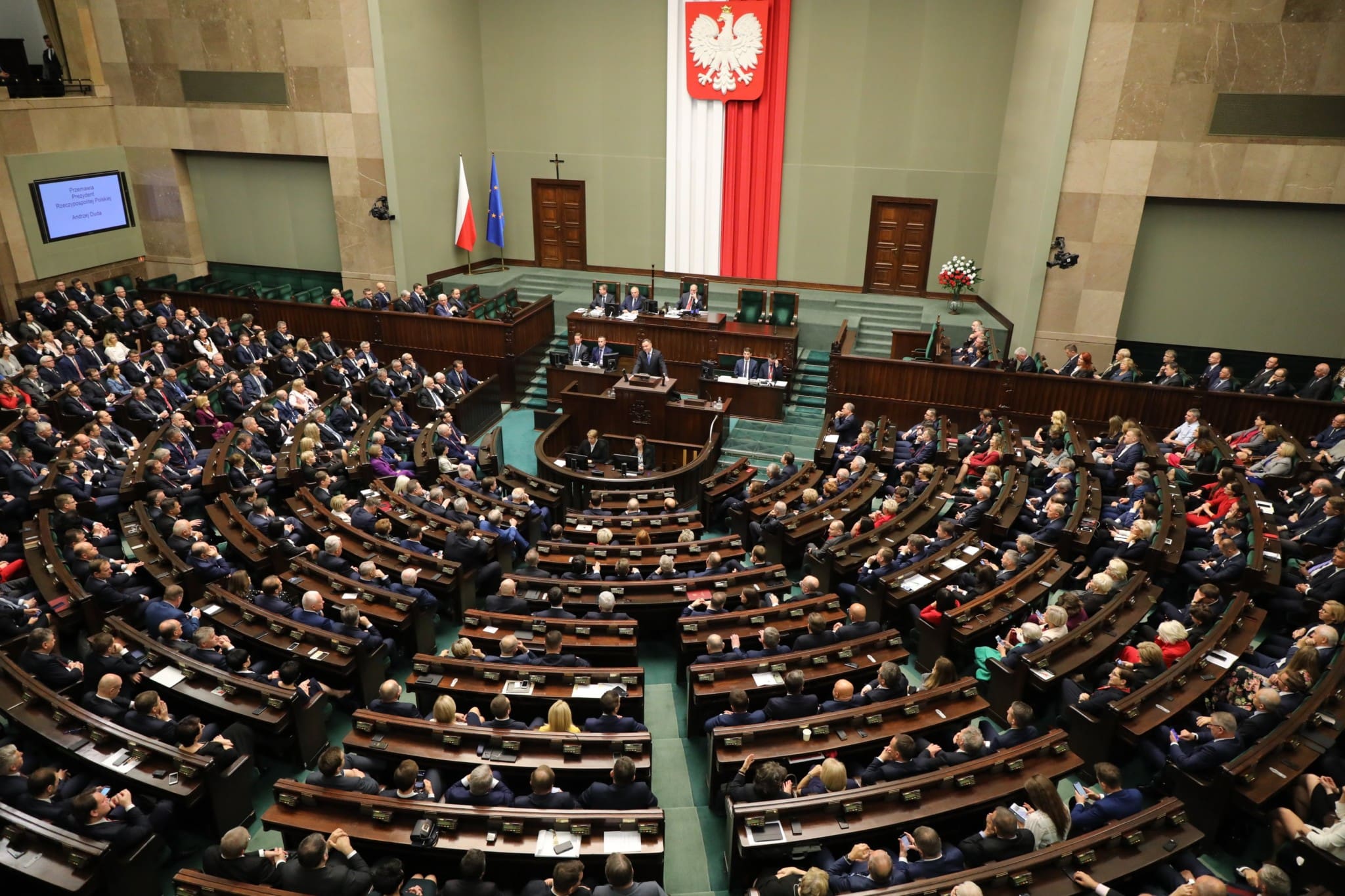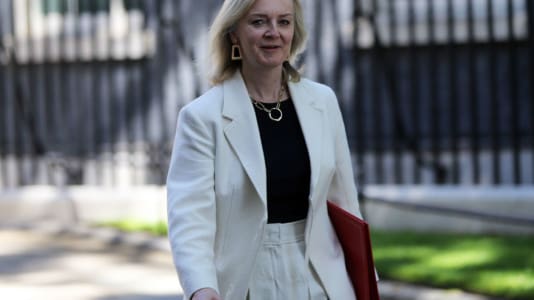The end of the year is not only a time to summarize, but also to make new plans. The question many will be asking themselves is whether Poland’s elections will take place within the original time frame.
Upon analyzing the current political landscape, it is clear that early elections would not benefit anyone. Law and Justice (PiS) maintains support at around 30 percent, with a significant number of voters remain undecided.
Nevertheless, the decision to dissolve parliament in spring — when the blockade stemming from the introduction of a state of emergency at the border passes — will immediately trigger a hypothetical parliamentary campaign, just like in 2007. PiS would immediately be on the defensive.
Besides, without the backing of Jarosław Kaczyński, the PSL’s motion for the self-dissolution of the Seym, submitted some time ago, has no chance of being implemented.
By the spring next year, Polish voters will still remember vividly just how much they had to pay for Christmas presents. They will also not have forgotten about the high prices of energy and heating, despite the government’s actions and new declarations concerning expanding the anti-inflation shield. In addition to this of course, there is the pandemic itself and the divisions caused by it among PiS voters.
There is also uncertainty about how the spring coronavirus wave will look or the effect such a wave may or may not have on the electorate. On this point in particular, the opposition has the easiest job of accusing the government of remaining too passive. PiS itself also continues to add fuel to the fire in this matter and the Polish Deal will have a long-term negative effect for PiS.
All of this makes it clear as to why PiS politicians and Kaczyński himself at party leadership meetings assure that elections should be held on time, giving the ruling party several months to escape at least some of the current crises. Such a move would of course be conditional on PiS maintaining its majority and electoral successes in upcoming votes, such as the one on judicial reform.
Yet, even for the opposition, early elections are a huge risk. Previous years have highlighted PiS’s superiority over its opponents when it comes to conducting election campaigns, both in terms of marketing and its use of social analytics.
The Civic Platform (PO) has only recently announced its multi-month cycle of congresses, which is to bear fruit in the form of a new party manifesto.
Szymon Hołownia’s movement, on the other hand, has presented its extensive program packages, particularly on the economy, but it still requires a significant amount of time to develop its grassroots campaigning infrastructure and strengthen its political activity.
The same applies to those on the left who announced the construction of a “social branch” this year, but have been embroiled in internal problems which continue to this day, and the Polish People’s Party (PSL) has just concluded its internal elections which were delayed by many months due to the pandemic.
Perhaps most fundamentally, with the exception of a few common slogans, the parliamentary opposition does not have an operational idea for cooperation.
Michał Kołodziejczak and his AgroUnia also require a significant amount of time to strengthen themselves staff-wise, and as history shows, the fates of new political projects depend on their staff, especially in parliament.





